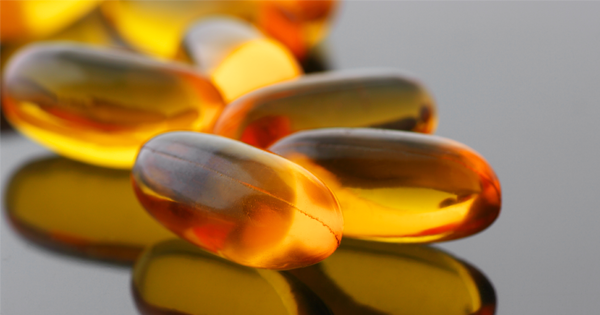Antioxidants are great for a lot of things. Ones that naturally occur in your diet are great for fighting cancer and keeping other health risks at bay.
But in supplement form, it seems like they may actually be counterproductive.
Claims that antioxidants work to prevent cancer are not entirely backed up. Antioxidants’ main purpose is to prevent oxidation, which can damage cells. People try to get them in their diet in natural and supplemental ways, since they’re supposed to fight cancer.
But this new study found something sinister: making a point of taking antioxidants may actually speed up cancer spread, specifically in skin cancer.
The new study was done on mice, which are often used to sub in for humans before doing a clinical trial. Some mice with melanoma were fed an antioxidant supplement for 80 days, while the other group of mice with melanoma were not given an antioxidant.
Those who were given the antioxidant saw shocking results: those mice had double the number of tumors spread to their lymph nodes, in comparison to mice without the antioxidant.
In a study that more closely affects humans, it was found that human melanoma cells in lab dishes that were exposed to antioxidants developed ways to get into tissues that weren’t effected by antioxidants.
Yet another study found that when cancer patients took antioxidants as part of a treatment during chemotherapy, it actually made the treatment less effective.
This isn’t great news. The study went so far as to say that “it is not far-fetched to propose that antioxidants could increase [the spread of cancer] in melanoma patients.”
Even if it’s not totally assured yet that antioxidants spread cancer, it is becoming less and less likely that they’re beneficial at preventing or treating it. Though it’s important to note that all of these studies were done on antioxidants in a supplemental, not natural form.





